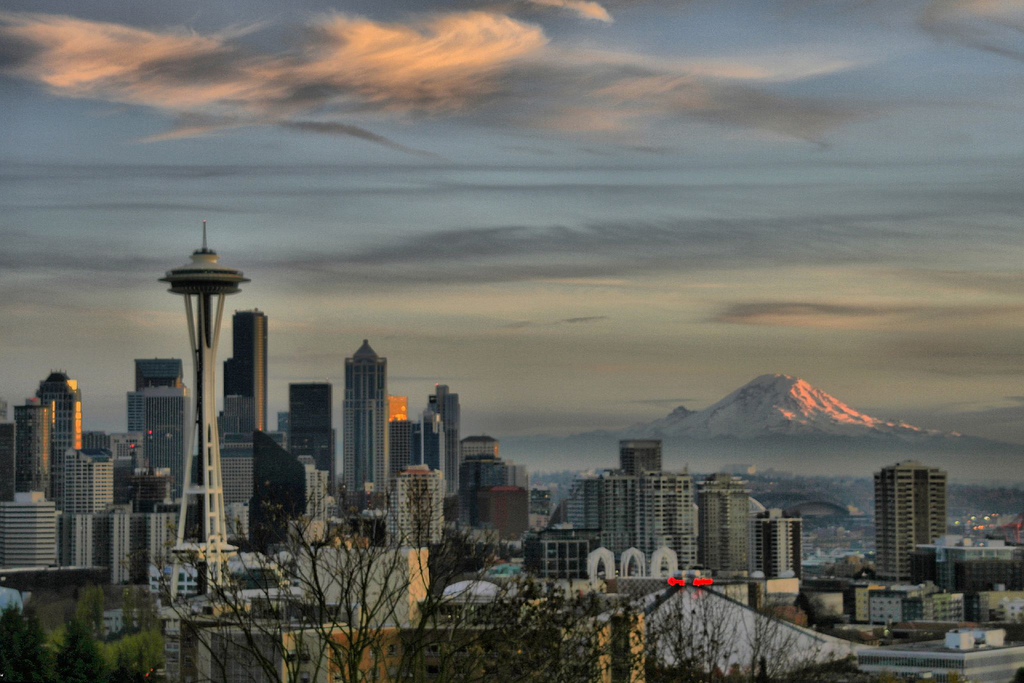
The American city that gave the world Jimi Hendrix, grunge music and Boeing is now leading the way in giving building tenants discount bus passes, not parking spots.
Seattle City Council in Washington State is encouraging developers to by-pass including expensive residential parking spots in their building plans and instead offer building tenants options such as free transit passes, car share membership or bike share schemes.
Although parking spots are often a drawcard for new building tenants they also take up space, aggravate traffic congestion and increase rents to offset car park building costs.
A City of Portland study estimated that each parking space in a development costs between $20,000 to $50,000 and concluded that garage parking drove up rents by $500 per month per unit in low‐rise apartment blocks and knocked out six to eight units from a development.
Seattle has long been a progressive parking administration. In 1985 it junked rules which forced developers to build parking for new buildings near the CBD or in areas well served by public transport but the policy has had mixed results.
Some developments have no parking while others build almost a spot per person. The average parking provision is half a spot per person. Over the last three years around one-quarter of new developments (52 of 219) in Seattle have provided no parking, which equates to around 2,400 units.
Encouragingly, only 31 per cent of Seattle’s working population now drives to work, partly because the city has good alternatives to car ownership including bus, streetcar and light rail, good pedestrian and bike infrastructure, car sharing, cabs and companies like Uber and Lyft.
A new idea being discussed by Seattle City Council is the “residential transportation options program”, which aims to capitalise on these alternatives and offer new tenants benefits in return for forfeiting a parking spot.
These benefits could include offering subsidised residential-based transit passes – possibly through homeowners associations and land owners – enrolment in care share and bike share programs and guaranteed ride home services.
Moves are also afoot to expand free-floating car shares and the city’s successful Pronto bike share, which has 50 stations and 500 bikes.
Seattle City Council’s 2015 parking review says: “Simply put, the approach prefers lower costs to build housing rather than the storage of automobiles.”





Leave a Reply